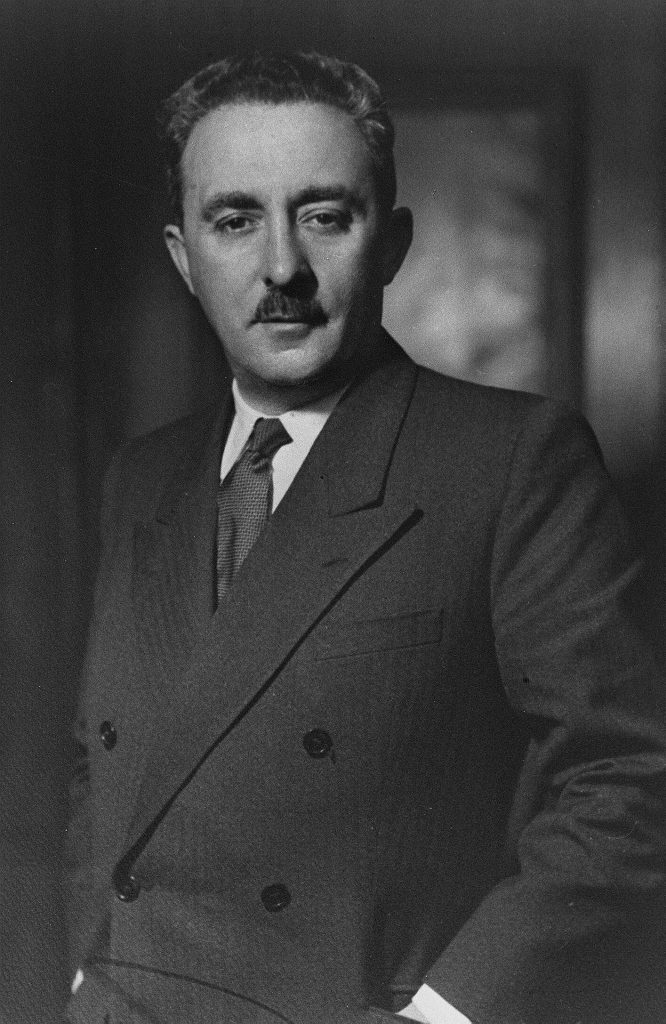Moshe Sharett (1894-1965)

פורטרט, שר החוץ משה שרת.
Many prominent political leaders of Israel, including two presidents and three prime ministers, come from Ukraine. One of them is Moshe Sharett (born Moshe Chertok). He was born in 1894 in the city of Kherson. His father left the Russian Empire, fleeing from a wave of pogroms, and settled in Palestine, first in Jaffa and then in Jerusalem. A few years later, he returned and settled in Odesa, where he soon married Fania Lev. The couple later moved to Kherson, where they had three daughters and two sons, including Moshe.
Moshe was inquisitive and active as a child, with a penchant for learning. He attended a cheder and later graduated from Kherson’s male gymnasium. His love for linguistics bore fruit: the boy spoke eight languages, including Hebrew. His command of languages allowed him to translate extensively, particularly into Hebrew.
In 1906, the Chertok family was again forced to leave their homeland: faced with the threat of pogroms, which was growing in the Russian Empire, they decided to go to the Ottoman Empire and later to Palestine. Aged 12 at that time, Moshe was forced to actively help his parents with everyday activities and keeping the family. In 1908, they settled in Jaffa, one of the districts from which Tel Aviv developed.
After successfully graduating from the Herzliya Hebrew Gymnasium, Moshe enrolled at the university in Istanbul, where he began actively studying law. With the outbreak of the First World War, he fought as a volunteer in the army of the Ottoman Empire. Moshe started working in the secretariat of the Zionist Commission in 1919 and studied at the London School of Economics in the early 1920s. He played a special role in the formation of the state of Israel. Moshe embarked on this path in the capacity of the deputy editor-in-chief of the daily newspaper of Histradut, the General Organization of Workers in Israel, and the editor of the Davar English-language weekly.
Moshe Chertok became one of the signatories of Israel’s Declaration of Independence, which was signed on 14 May 1948. He became the first foreign minister in the country’s history and changed his last name to Sharett, which translates as “one who serves, fulfills his duty.” In the ministerial office, Moshe Sharett led the Israeli delegation at the ceasefire negotiations during the war for independence and established diplomatic relations with dozens of countries worldwide.
After leaving the government, he was the chairman of the Am Oved publishing house, Beit Berl College, and the World Zionist Organization, to which he was elected in 1960. Despite combatting a hard-to-cure disease, Sharett led an active public life and made public speeches until his death, sharing his views on how to build the state of Israel. Moshe Sharett died on 7 July 1965 at the age of 70. He is buried in Trumpeldor Cemetery next to his wife, Tzippora. In modern Ukraine, a memorial plaque has been installed in honor of Moshe Sharett at Kherson’s oldest gymnasium, where he studied.



















